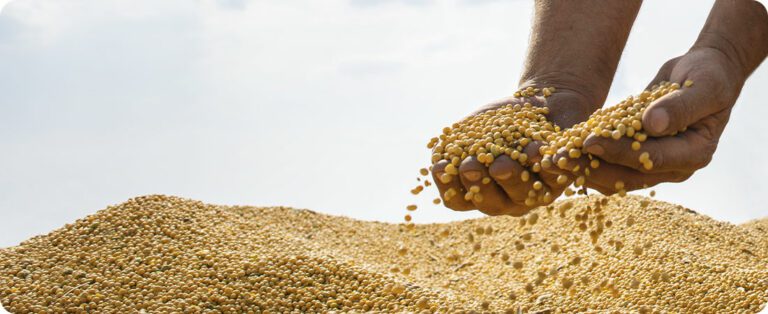
The United Nations World Food Program (WFP/UN), after all, warned this Tuesday (21) that wheat production in Ukraine may be unable to meet domestic and export demand in the following years if the routes Black Sea export ports remain blocked and Russian attacks on port infrastructure continue.
WFP Ukraine director Matthew Hollingworth said an upcoming report from the UN Office for Human Rights (OHCHR) will show that since mid-July there have been 31 documented attacks on Ukraine's grain production and export facilities.
UN warning about attacks on infrastructure and risk of food crisis
He informed the UN Security Council that “28 of these attacks occurred in the Odessa region alone, which is home to vital Black Sea and Danube River terminals essential to global trade.”
However, if attacks on food infrastructure and the blocking of maritime export routes persist, the prospects for agricultural production will be drastically affected in the coming years. This could result, in the worst case scenario, in the inability of wheat production to meet domestic and export demand as stated.
In February 2022, Russia invaded Ukraine. The UN blamed this invasion for worsening the global food crisis. Both countries are significant grain exporters. Previously, Ukrainians accounted for 9% of global exports of wheat, 15% of corn and 44% of sunflower oil, according to Hollingworth.
Last week, the Russian Agriculture Minister announced that Moscow had started sending 200,000 tons of free grain. Vladimir Putin promised these shipments to six African countries in July.
UN officials seek to revive Black Sea grain deal. Russia withdrew in July, citing obstacles to its food and fertilizer exports. However, it is crucial to resume negotiations to avoid further worsening the food situation in the region.
Source: datagro












